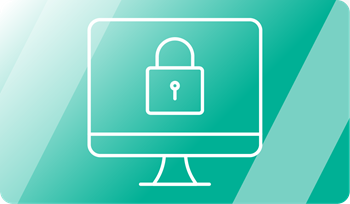Cybercrime Is a Real Threat to Your 401(k) Clients—but You Can Help
 Your clients can't afford to take cybersecurity for granted.
Your clients can't afford to take cybersecurity for granted.
Why? Cyberattacks are on the rise, data theft is big business for cybercriminals, and workplace retirement plans aren’t immune.
In 2021 alone, the FBI reported an estimated $6.9 billion in losses derived from 847,000 cybercrime complaints.1 This year, weekly attacks on corporate networks are up 50%, and a hacker attack occurs every 11 seconds.2
Deliver more value by going beyond fiduciary basics
When discussing fiduciary obligations with your clients, go beyond fees and funds. Help your clients further mitigate their risk—while simultaneously turbo-charging your value—by adding cybersecurity best practices to your next 401(k) meeting agenda.
Here are ways to heighten cybersecurity awareness for plan sponsor clients:
- Help them consider the right cybersecurity questions to ask when assessing and hiring 401(k) service providers.
- Share common cybersecurity best practices and tips to help protect against attacks.



